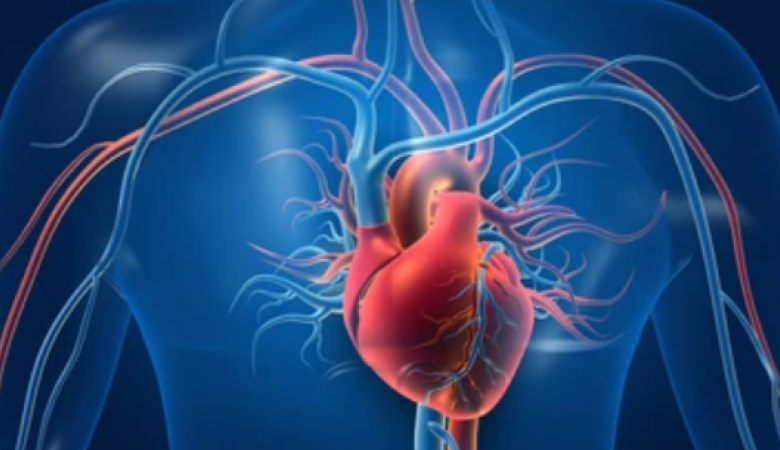Study: Recipient inherits memories and traits of organ donor after transplant

Since the groundbreaking first human heart transplant in 1967, medical science has continually pushed the boundaries of what is possible in organ transplantation. However, alongside the physical transformations wrought by these procedures, an intriguing phenomenon has emerged – changes in personality experienced by transplant recipients.
One of the most striking anecdotes comes from a heart transplant recipient in the 1990s, whose experience was documented in a study published in 2000.
Following the receipt of a young musician’s heart, she found herself developing an unexpected passion for music. This instance is just one among many where individuals report feeling a shift in their identity post-transplant.
Recent research conducted by the University of Colorado sheds new light on this intriguing aspect of organ transplantation.
Published in the journal “Transplantology,” the study suggests that the profound alterations in personality observed in transplant recipients are not solely tied to the specific organ transplanted but are instead closely linked to the transplantation process as a whole.
This implies that our sense of self extends beyond individual organs to encompass our entire bodies.
The study, which gathered data through surveys, found that over 90% of organ transplant patients, including both heart recipients and recipients of other organs, reported experiencing personality changes after surgery. This revelation underscores the pervasive nature of these transformations across various transplant scenarios.
Most strikingly, the majority of patients reported experiencing four or more changes in their personality post-transplant.
These changes encompassed a wide array of facets, including memories, mood, emotions, eating habits, identity, religious or spiritual beliefs, and viewpoints. Such a comprehensive alteration highlights the profound impact that organ transplantation can have on an individual’s psyche.
Medical researcher Brian Carter and his team at the University of California, reflecting on these findings, suggest that heart transplant recipients may not be unique in their experience of personality changes post-transplantation.
While the study’s sample size was small and lacked statistical significance, Carter emphasizes the imperative for further investigation. He posits that similar changes may occur following the transplantation of any organ, underscoring the need for comprehensive research in this area.
The University of California study represents a pioneering effort in understanding the psychological ramifications of organ transplantation. Previous research has predominantly focused on heart transplants, given their perceived riskiness and long-term implications.
However, as evidenced by the findings of the University of Colorado study, the scope of these personality changes extends far beyond specific organ transplants, warranting further exploration and understanding in the realm of transplant psychology.









